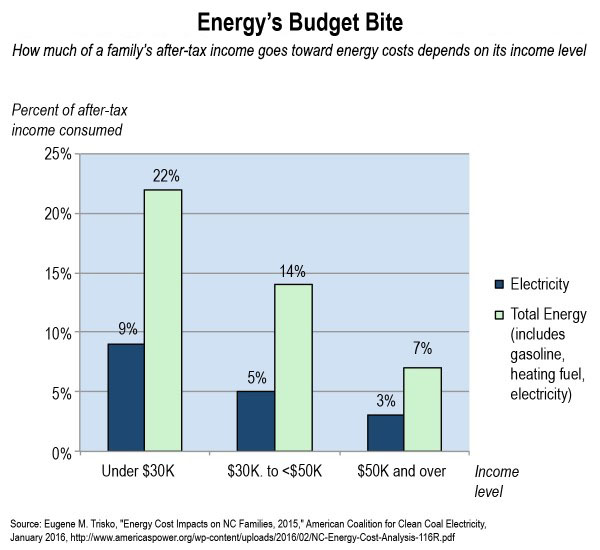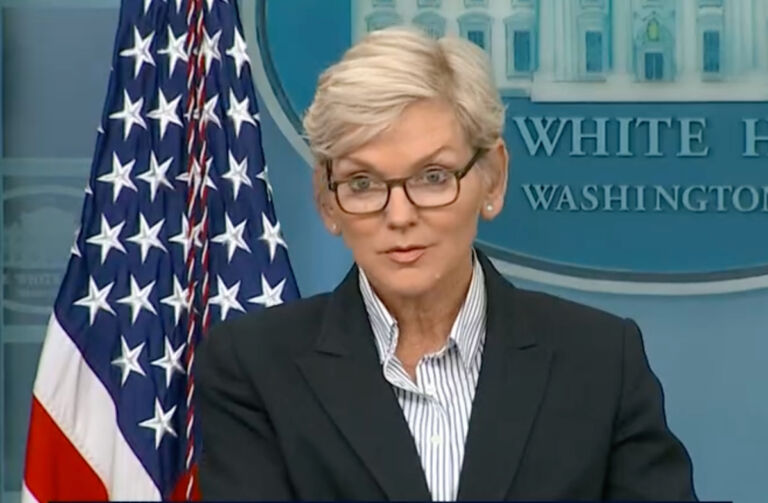Listen to politicians, lobbyists, talking heads, editorialists, and activists discuss ways to reform electricity policy in North Carolina. What don’t you hear?
What you don’t hear is a clue akin to “the curious incident of the dog in the night-time” in the Sherlock Holmes case, “Silver Blaze.” They’ll talk about creating jobs, they’ll talk about positive economic impact, they’ll talk about lower emissions. All of these things can be challenged on their own merits, as we’ve done here. But what don’t they talk about?
My research brief today focuses on what they don’t:
North Carolina law recognizes that “availability of an adequate and reliable supply of electric power” is critically important “to the people, economy and government of North Carolina.” As the law puts it, “the rates, services and operations” of the utilities are all “affected with the public interest.”
For that reason, state law on electric utilities expressly seeks “adequate, reliable and economical utility service to all of the citizens and residents of the State” and “the least cost mix of generation and demand-reduction measures which is achievable.”
Why is least-cost, reliable electricity at the flip of the switch so important to people? Because electricity isn’t a luxury purchase, it’s a basic human need. It’s also a foundational need for every business in the state.
What that means is that anything that would raise electricity rates higher than necessary would impose higher costs on everything and everyone in North Carolina. It would also be a painfully regressive price increase on the poor, as can be seen from this graph:
Read the brief for more.



